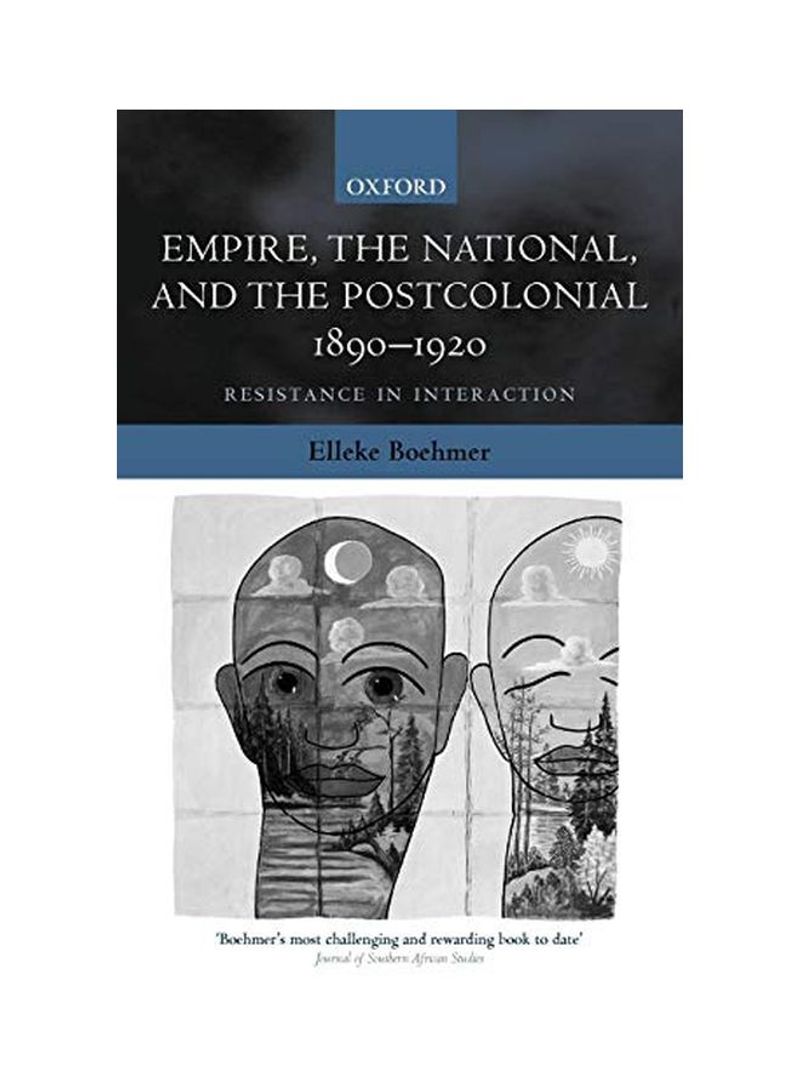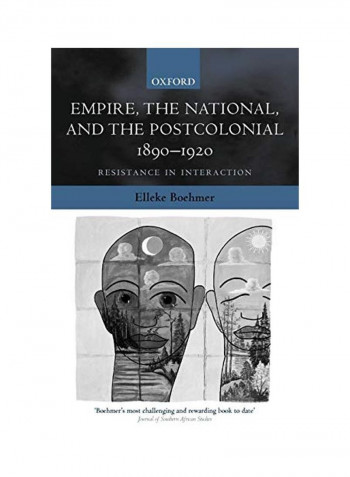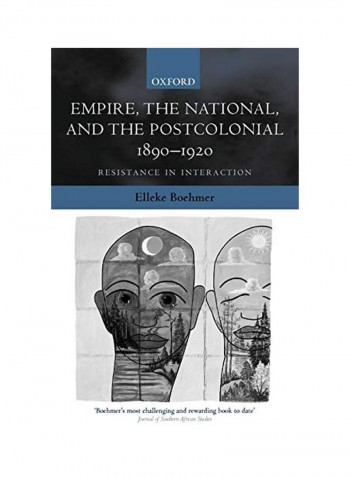Empire, The National, And The Postcolonial 1890-1920: Resistance In Interaction Paperback
Recommend
Sort by
Rating
Date
Specifications
Author 1
Elleke Boehmer
Book Description
Empire, the National, and the Postcolonial, 1890-1920 explores the political co-operations and textual connections which linked anti-colonial, nationalist, and modernist groups and individuals in the empire in the years 1890-1920. By developing the key motifs of lateral interaction and colonial interdiscursivity, Boehmer builds a picture of the imperial world as an intricate network of surprising contacts and margin-to-margin interrelationships, and of modernism as a far more constellated cultural phenomenon than previously understood. Individual case studies consider Irish support for the Boers in 1899-1902, the path-breaking radical partnership of the Englishwoman Sister Nivedita and the Bengali extremist Aurobindo Ghose, Sol Plaatje's conflicted South African nationalism, and the cross-border, cosmopolitan involvements of W. B. Yeats, Rabindranath Tagore, and Leonard Woolf. Underlining Frantz Fanon's perception that 'a colonized people is not alone', Boehmer significantly questions prevailing postcolonial paradigms of the self-defining nation, syncretism and mimicry, and dismantles still-dominant binary definitions of the colonial relationship.
ISBN-13
9780198184454
Language
English
Publisher
Oxford University Press
Publication Date
03 Mar 2005
Number of Pages
252
About the Author
Elleke Boehmer is the Chair of Colonial and Postcolonial Studies in the Department of English and Media at Nottingham Trent University, and Director of the NTU Centre for Colonial and Postcolonial Studies. She has published Empire Writing (Oxford World's Classics, 1998), Empire, the National and the Postcolonial 1890-1920 (2002), and critical editions of Robert Baden-Powell's Scouting for Boys (2004) and Cornelia Sorabji's India Calling (2004). She is also the author of short stories and three novels, most recently Bloodlines.
Editorial Review
Boehmer's most challenging and rewarding book to date. Her encyclopaedic knowledge and sensitivity to textual detail . . . combine excitingly with her impressive theoretical dexterity and ambition. * Journal of Southern African Studies * This book is infinitely rich in detail, but sustains it with a broad and challenging thesis. It invites us to begin to think about the Empire not only as a discrete series of colonial events linked only through their common resistance to the imperial center, but also as a network of interacting nodes in a living and shifting historical and cultural exchange with multiple routings and dimensions. * Interventions * Empire, the National, and the Postcolonial strikes an excellent balance between theory and historical documentation. Boehmer analyses new materials alongside canonical texts, making it a very original contribution to the postcolonial field. Most importantly, it decentres the monologic narrative of imperialism, whose success greatly depended upon imposing a framework of binary opposition between the centre and its peripheries. . . . The book provides us with a fresh alternative, and a possibility of reading resistance between the margins. * Wasafiri * Review from previous edition This formidably well-researched and carefully documented book demonstrates the strengths of a complex comparative methodology in postcolonial studies. * The Yearbook of English Studies *



